Abortion has been legal in South Africa since 1996, but unsafe abortion is still common and particularly impacts poor women and girls—especially those who live in rural areas. While abortion is also legal in Zambia, abortion stigma is persistent and abortion providers are in short supply. And Malawi’s abortion law is one of the most restrictive in Africa, only allowing the procedure to save a woman’s life. This leads many women and girls to seek out clandestine abortions with unsafe methods.
Our Core Values
Driven
We are impatient for a world where women and girls’ sexual and reproductive rights are fully realized and unsafe abortion no longer exists. We are focused and disciplined in our mission.
We make the most of our time, energy and resources and push ourselves to keep moving forward despite obstacles. We don’t let the perfect be the enemy of the good because we need safe abortion today. We care deeply about the impact and quality of all that we do.
Principled
We believe sexual and reproductive rights are basic human rights. Access to safe abortion is an integral and unassailable part of those rights. Safe abortion is also a fundamental part of basic health care. Our work on safe abortion promotes gender equity. Our actions are founded on these core beliefs. We have integrity when we do not compromise these principles and when we trust in women’s decisions.
Bold
We are unapologetic and unconditional in our commitment to a woman’s right to bodily autonomy. We solve problems through creative thinking, curiosity, and we challenge assumptions that might otherwise limit us. We make decisions based on experience and evidence and feel safe in taking calculated risks both in our communication and our action.
We always seek to challenge our own biases and assumptions and we are not afraid to create new pathways for women to exercise their right to safe abortion. We believe that this requires honest, direct communication and we are not afraid to tell the truth. We are also not afraid to laugh at ourselves and have moments of joy in our work.
Interdependent
Our goals are ambitious and larger than us. We are devoted to advancing the abortion field and the rights of women, not just Ipas. We share information, expertise and responsibility, and we strengthen our entire field as a result. We have a collaborative spirit and recognize when we are stronger together. We respect our colleagues, internal and external, by giving each other the benefit of the doubt and celebrating and supporting the work of others.
Our Strategic Priorities
Make Abortion Legal
Law and policies must respect and protect abortion as a human right, without unnecessary or harmful barriers limiting access. Financing for sexual and reproductive health care, including abortion care, ensures resilient, affordable, and equitable access to abortion across the health sector. That’s why we advocate around the world, at local, national and international levels.
Put women and girls, and all people who can get pregnant, in control
Individuals must know where and how to access abortion and contraception, with information about options, including abortion self-care. They also must feel supported in their decisions and have the confidence to access services when they need them.
Ensure abortion care is accessible, available, acceptable and high quality
Abortion rights are recognized as part of the broader right to health. The pathways to abortion must be clear and accessible and must meet the total needs of anyone seeking that care. Abortion care should be universally accessible through a trained and supported health workforce, integrated throughout health-care systems, and free of stigma.
Be innovative, effective and always learning
We hold ourselves to a high standard for internal operations and governance to ensure we can be efficient and effective in implementing our programs and responding to the needs of those we serve.
Be a valued partner
We strive to always bring value to our partnerships and collaborations, as we depend upon our many global and local partners to help advance our urgent work of expanding access to—and strengthening a movement for—quality abortion and contraceptive care.
Building sustainable abortion ecosystems
At Ipas, we’re working with partners to build sustainable abortion ecosystems. Our comprehensive approach works across institutions and communities and recognizes there are multiple factors that influence a person’s ability to access abortion—including individual knowledge and power, community and political support, trained and equipped health systems, and laws and policies that uphold the human rights to health and to bodily autonomy.
Where We Work
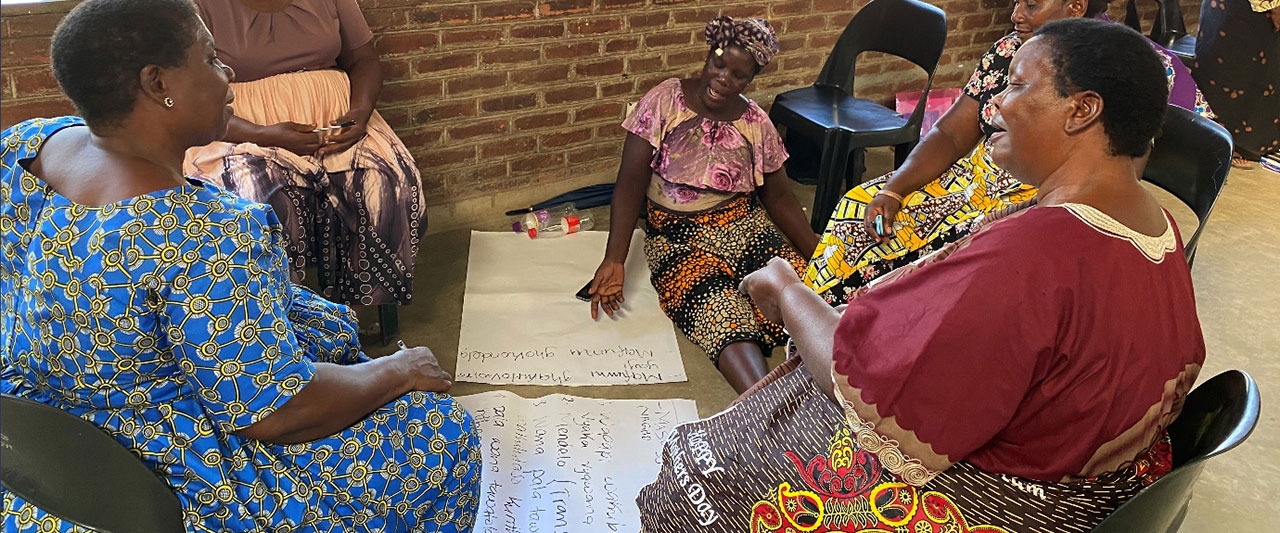
Malawi
Malawi’s abortion law is one of the most restrictive in Africa, as it only permits termination of pregnancy to save a woman’s life. This leads many women and girls to end unwanted pregnancies in unsafe, clandestine settings. Unsafe abortion accounts for 18% of maternal deaths in Malawi, and the health system also treats high numbers of women with complications from unsafe abortion.
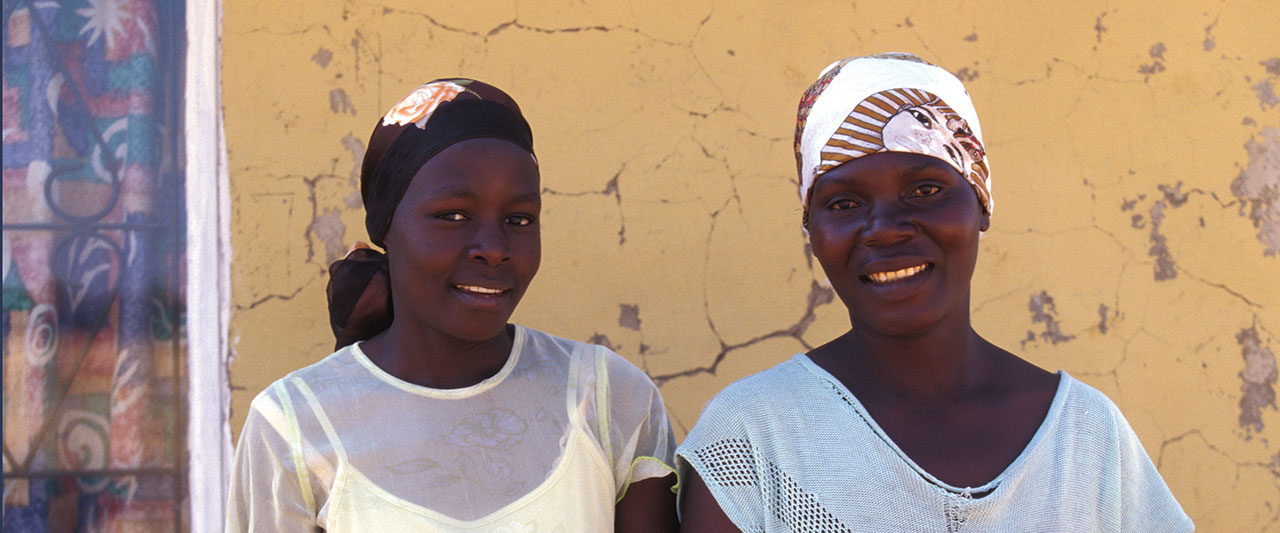
South Africa
Abortion has been legal in South Africa since the enactment of the 1996 Choice on Termination of Pregnancy Act. But unsafe abortion is prevalent and particularly impacts poor women and girls and those who live in rural areas. In 2012, nearly 50 percent of adolescent abortions occurred outside of a clinical setting. Most were likely unsafe.
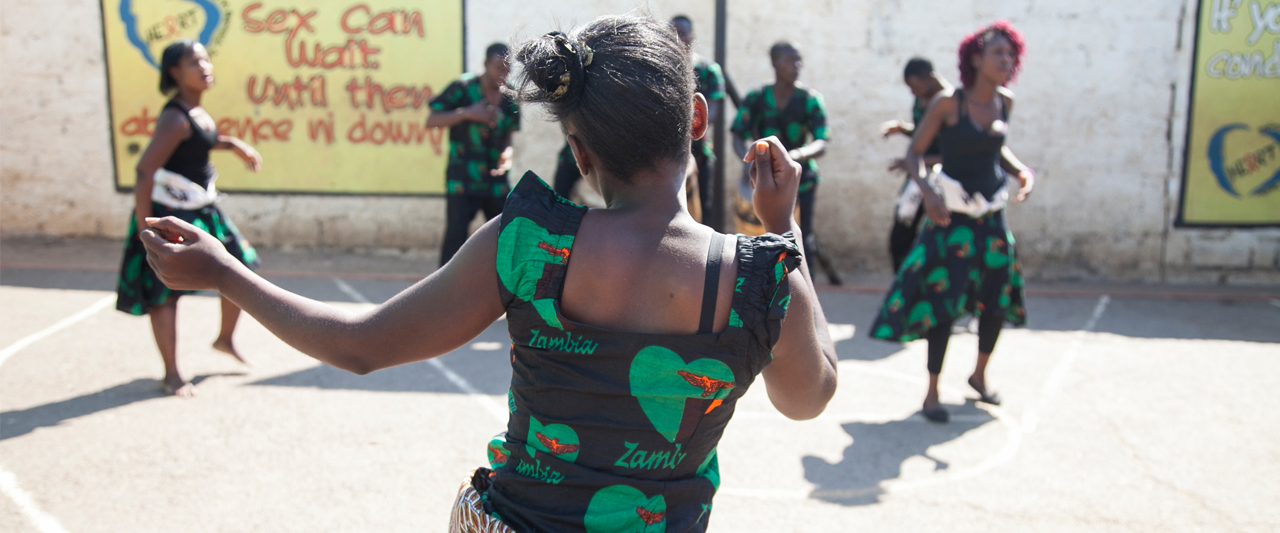
Zambia
Although abortion is legal in Zambia, the barriers to accessing safe abortion care are formidable. Doctors are in short supply, and there is a strong and persistent social stigma surrounding abortion. Very few women know they have the right to a safe, legal abortion or know where to seek safe abortion services; as a result, unsafe abortion is a major problem in Zambia.
In the News
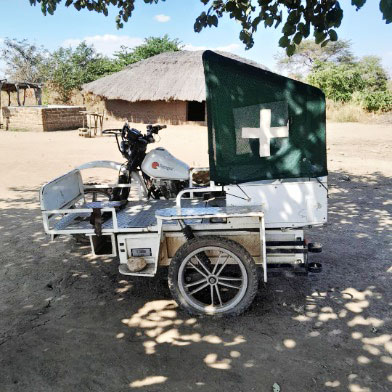
For nearly two decades, Ipas Zambia has worked closely with the Ministry of Health to reduce maternal deaths caused by unsafe abortion and to expand access to safe abortion services nationwide. However, despite the progress made, persistent and emergin
The High Court in Malawi has ruled that adolescent survivors of sexual violence have the right to access abortion services in both public and private health facilities. Previously, abortion was only legally permitted to save a pregnant person’s life.
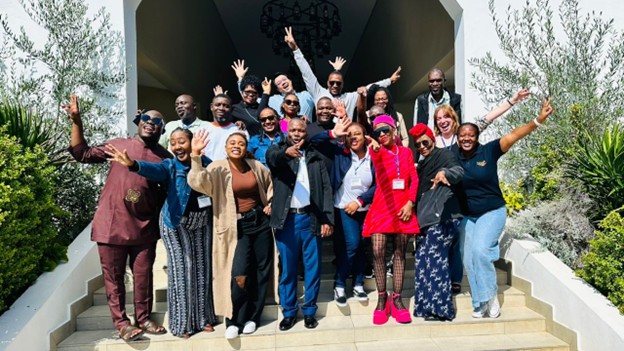
Ipas Africa Southern Region (ASR) staff from Malawi, South Africa and Zambia recently attended an intensive five-day training on Shared Leadership in Practice (SLiP) in Lusaka, Zambia. The event that took place from 10th to 15th June, 2025 marked a sig
